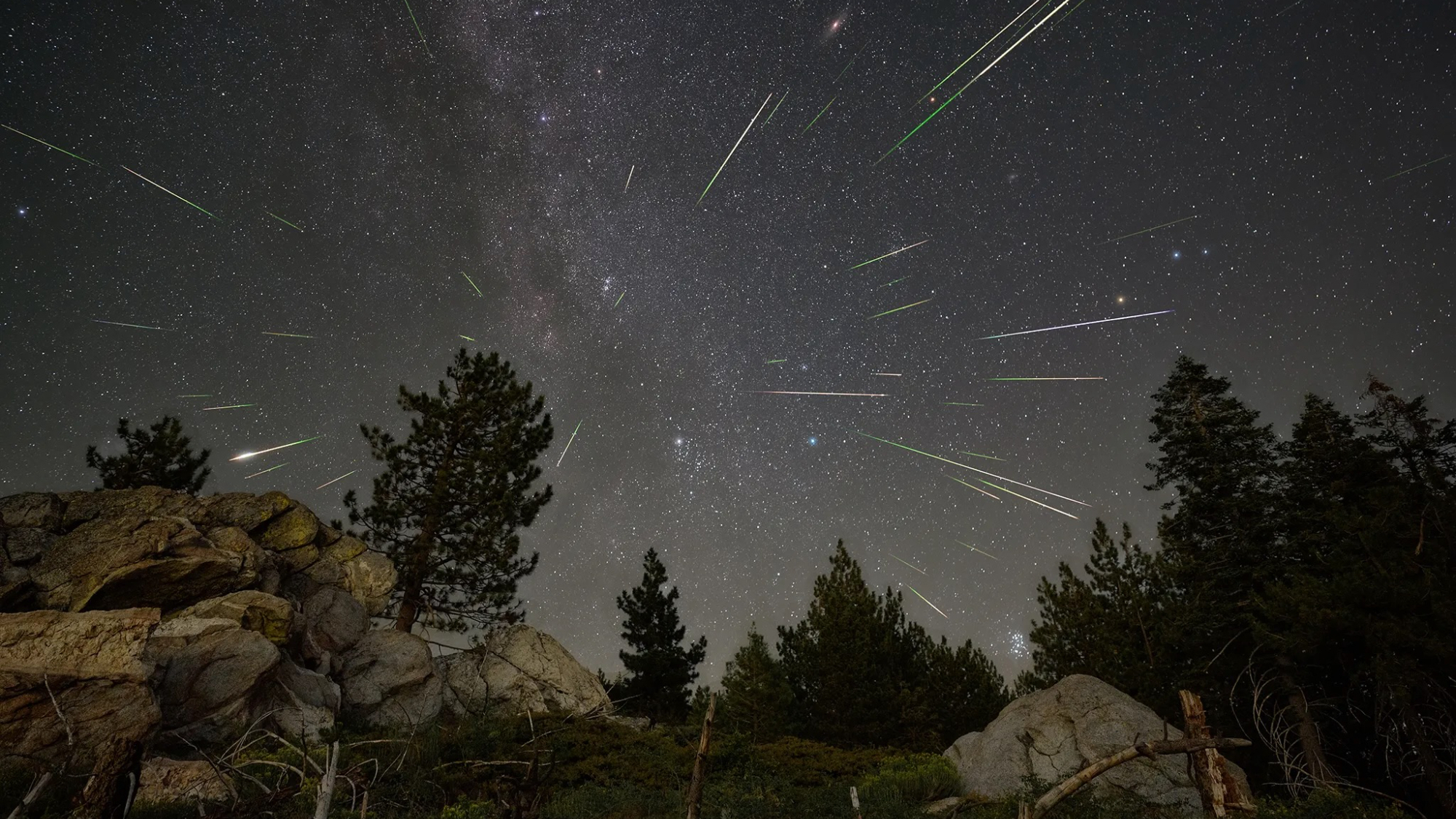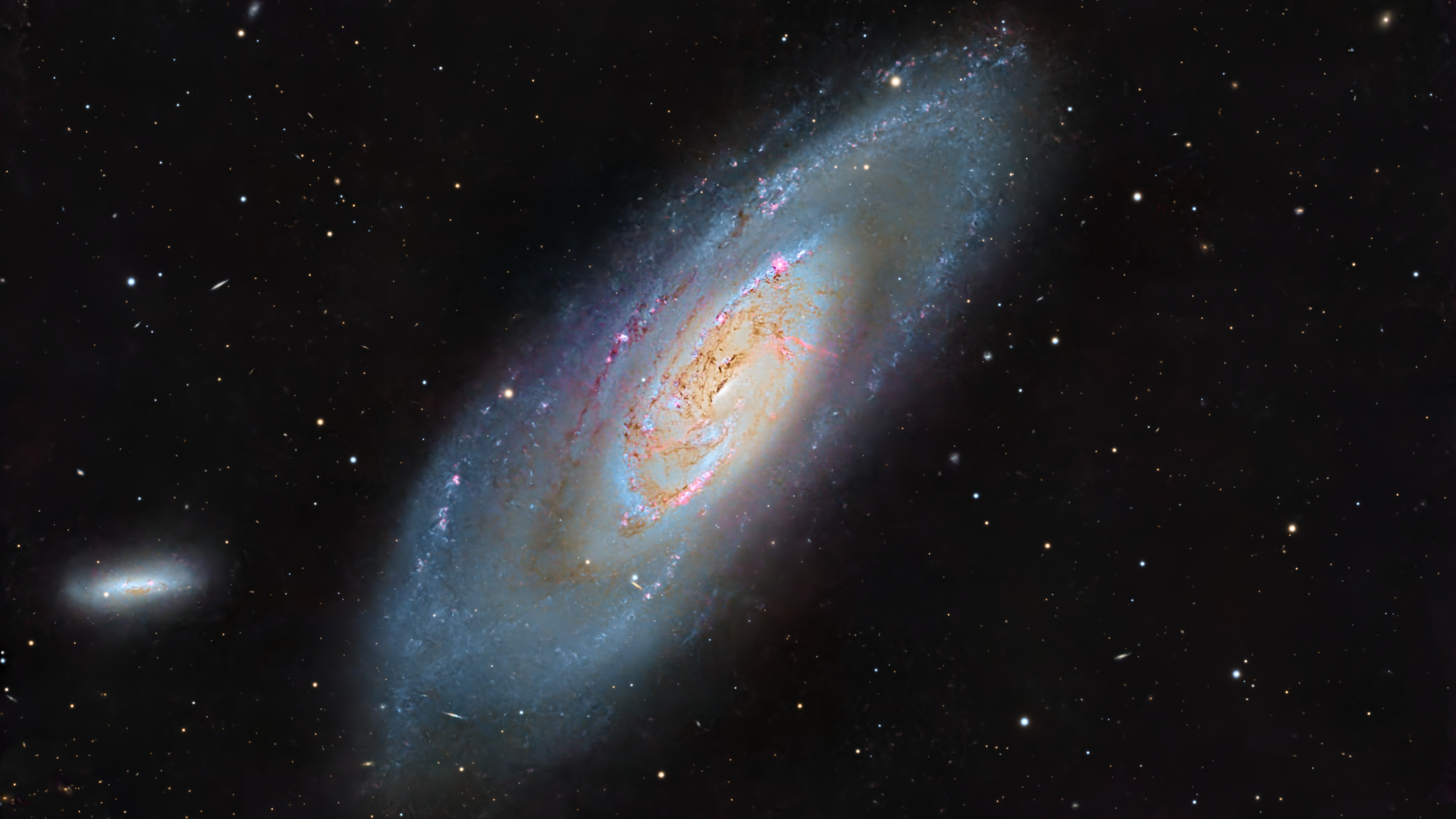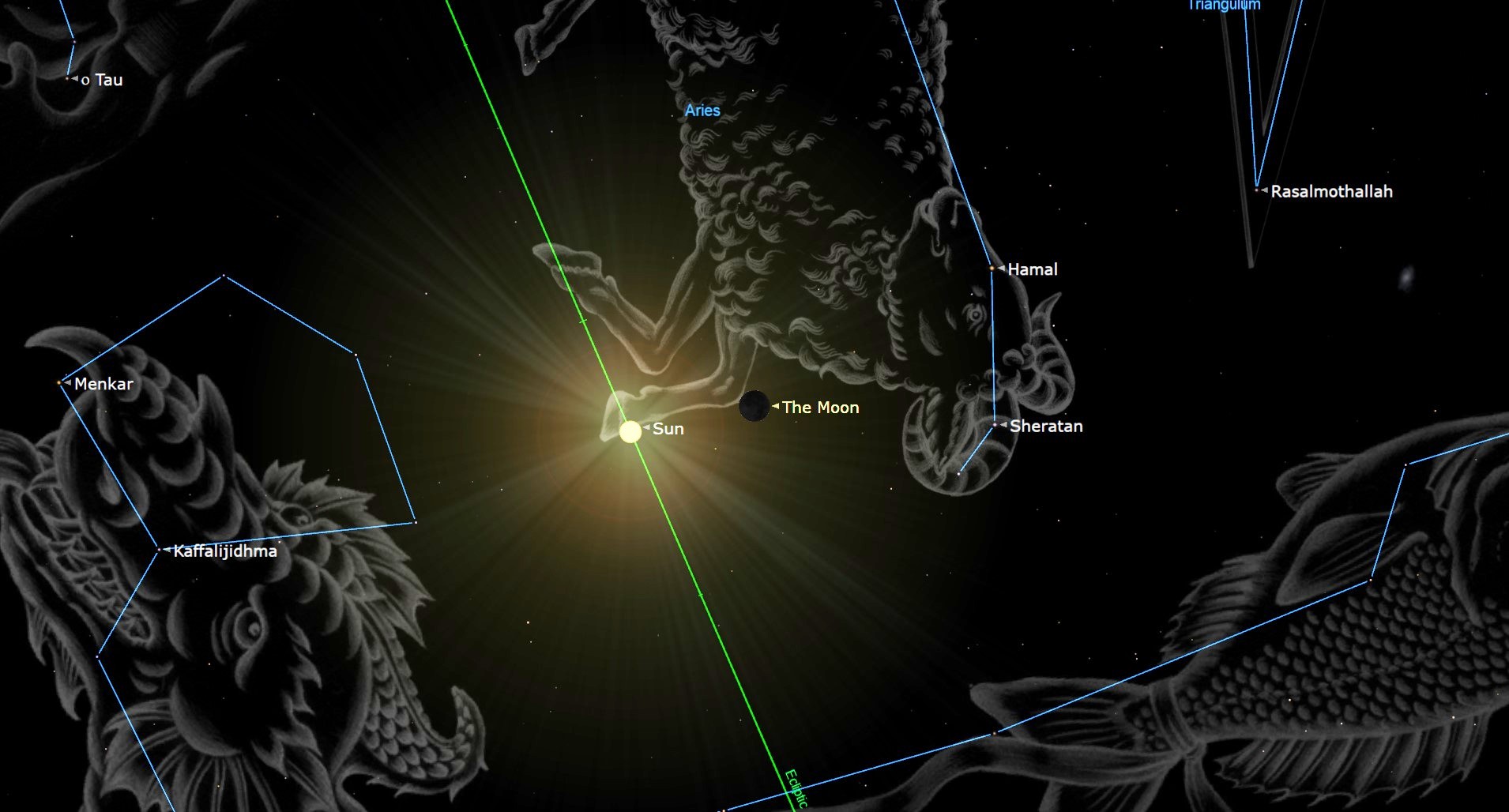Gold-Medal Views! Incredible Images Show Rio Summer Olympics from Space
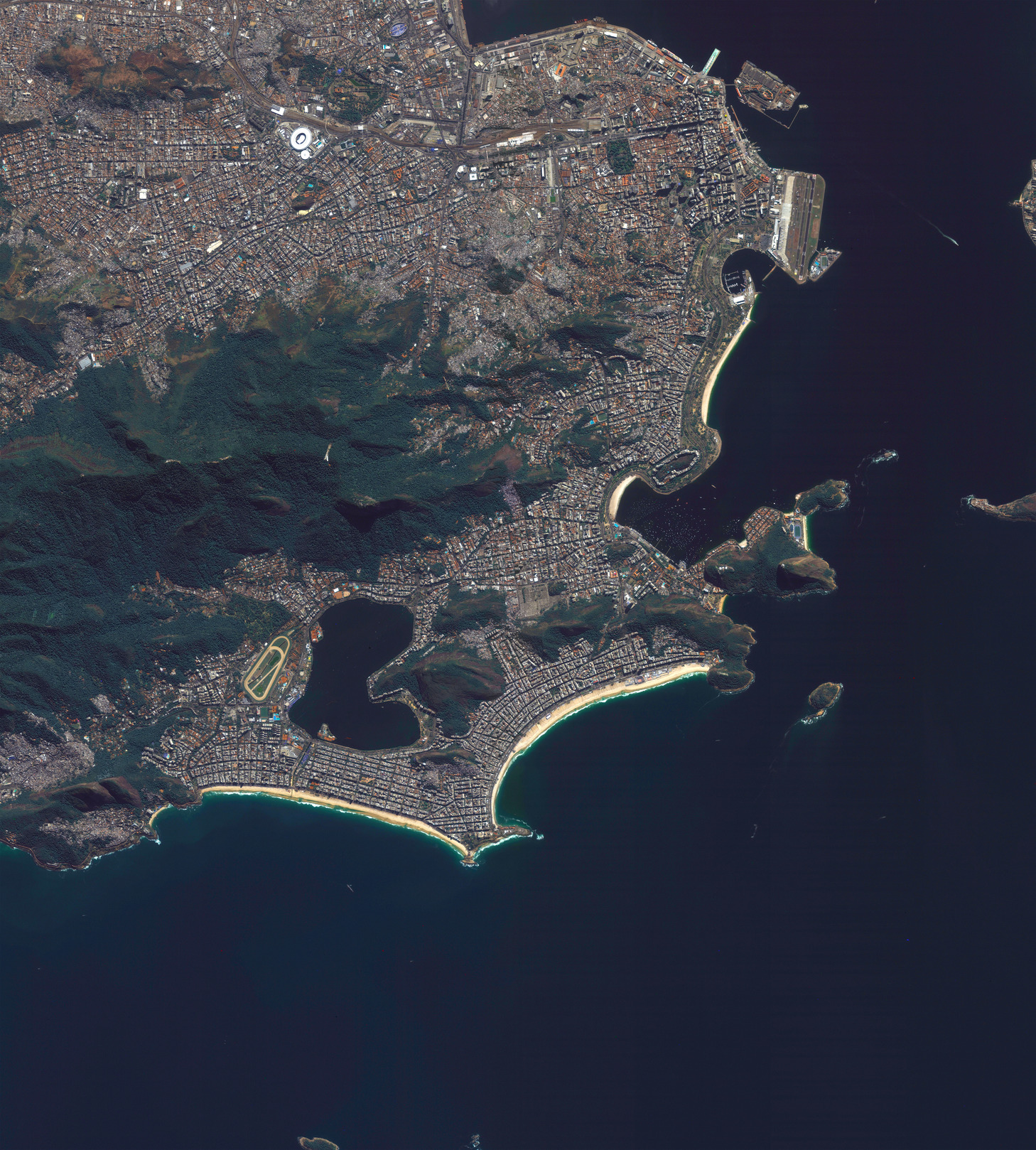
Multiple satellites orbiting high above Earth have captured spectacular images of Rio de Janeiro, the city hosting this summer's Olympic Games.
The streets of Rio and the massive structures built to house the games are visible in snapshots of Rio from orbit taken by Earth-observing sensors named Interface Region Imaging Spectrograph (IRIS) and Deimos-2, operated by the Vancouver-based UrtheCast, an Earth imagery company that operates satellites and two HD cameras on the exterior of the International Space Station (ISS).
The Maracanã Stadium, which housed the opening ceremony on Aug. 5 and will host the closing ceremony on Aug. 21, is one structure that is clearly visible in a video that brings together multiple images taken by the UrtheCast sensors. [Summer Olympics Cities Seen From Space (Gallery)]
A cool GIF of UrtheCast imagery shows cars traveling around the stadium and throughout the city. The Maracanã Stadium is also where matches of the men's and women's football (what Americans call "soccer") tournaments are held.
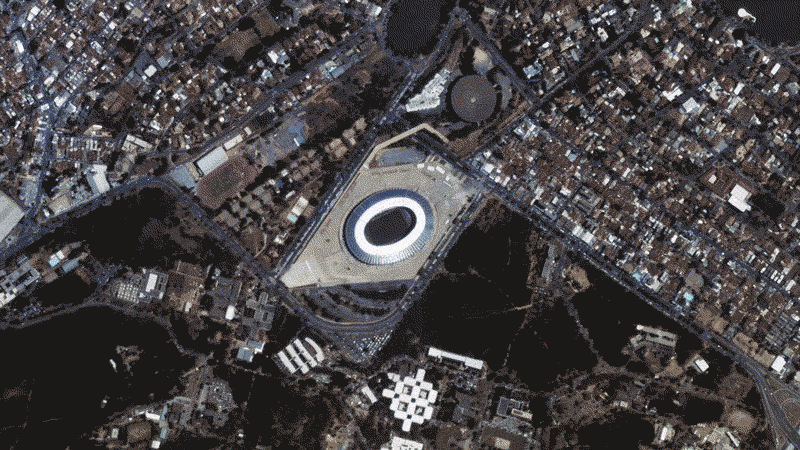
Another spectacular GIF released by UrtheCast shows clouds passing over the city of São Paulo, Brazil's largest city. The venue photographed in the center of this image is where pre-Olympic and Paralympic training camps are held.
The images of São Paulo were captured by UrtheCast's high-resolution camera IRIS, which is mounted on the ISS. IRIS can record full-color videos up to 60 seconds long.

NASA satellites are also peering down at the site of the games and are providing a slightly different view of Rio. On Aug. 2, prior to the start of the Olympics, the Multi-angle Imaging SpectroRadiometer (MISR) instrument aboard NASA's Terra satellite flew over and photographed the city. The images revealed particles of air pollution littered across the sky.
Get the Space.com Newsletter
Breaking space news, the latest updates on rocket launches, skywatching events and more!
The new NASA image shows Rio's coastline and the location of the Maracanã Stadium. MISR collects data on air pollution by measuring aerosol optical depth — the amount of sunlight blocked by airborne particles known as aerosols.
The measurements of aerosol optical depth are superimposed over the image of Rio's coastline, as seen on the right of the new image from NASA below.

"In the weeks leading up to the Aug. 5 opening ceremonies in Rio de Janeiro, there have been reports of elevated levels of particulate matter in the region," NASA officials said in a statement when releasing the photo. "Optical depth over Rio is slightly elevated compared to its surroundings, most likely due to the presence of air pollution, with values from 0.15-0.25. For reference, an optical depth of 0.2 corresponds to light haze."
The images captured by the NASA and UrtheCast satellites offer amazing views of the games that can only be seen from space. The Rio Summer Olympics will come to a close on Aug. 21.
Follow Samantha Mathewson @Sam_Ashley13. Follow us @Spacedotcom, Facebook and Google+. Original article on Space.com.
Join our Space Forums to keep talking space on the latest missions, night sky and more! And if you have a news tip, correction or comment, let us know at: community@space.com.
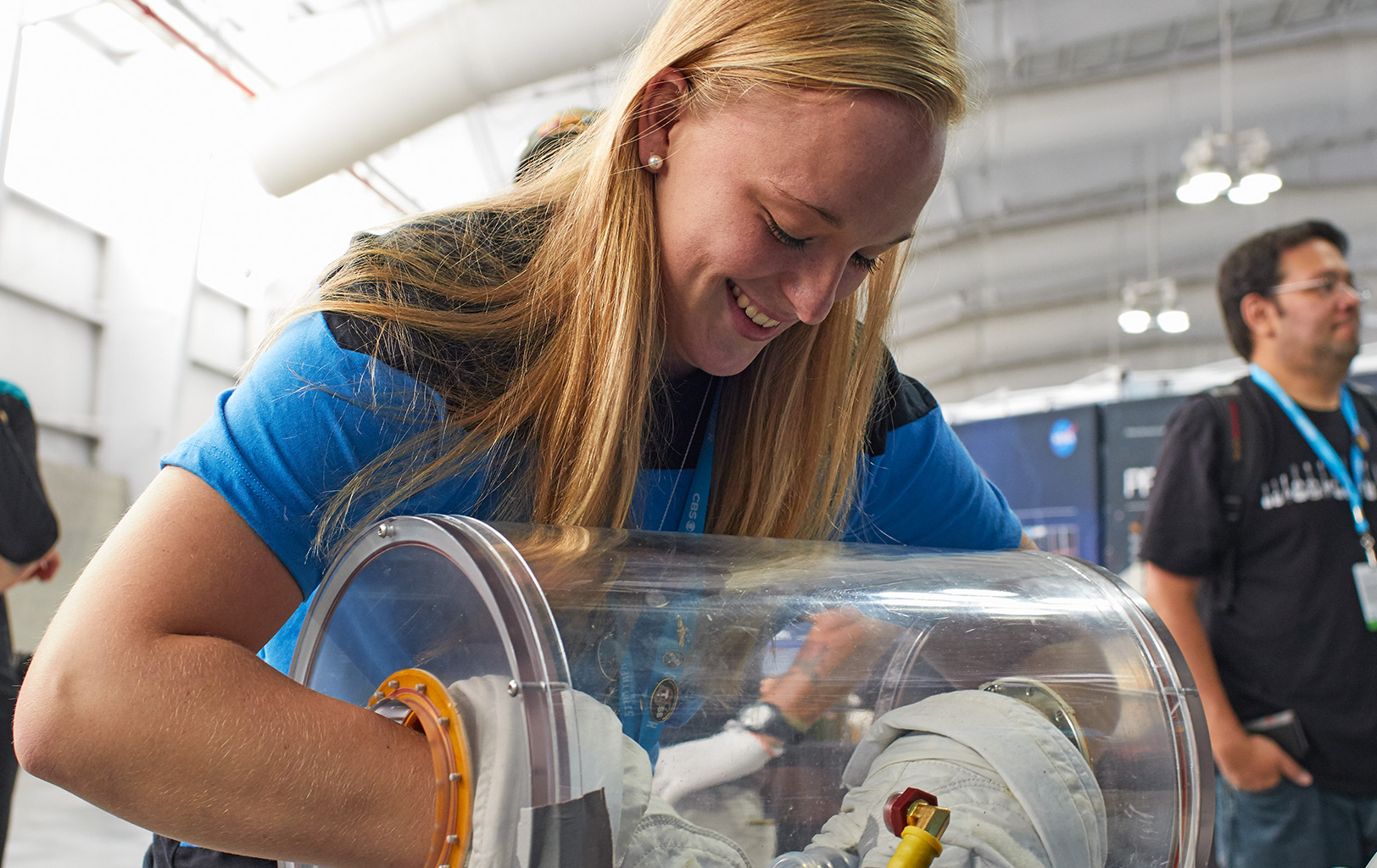
Samantha Mathewson joined Space.com as an intern in the summer of 2016. She received a B.A. in Journalism and Environmental Science at the University of New Haven, in Connecticut. Previously, her work has been published in Nature World News. When not writing or reading about science, Samantha enjoys traveling to new places and taking photos! You can follow her on Twitter @Sam_Ashley13.
